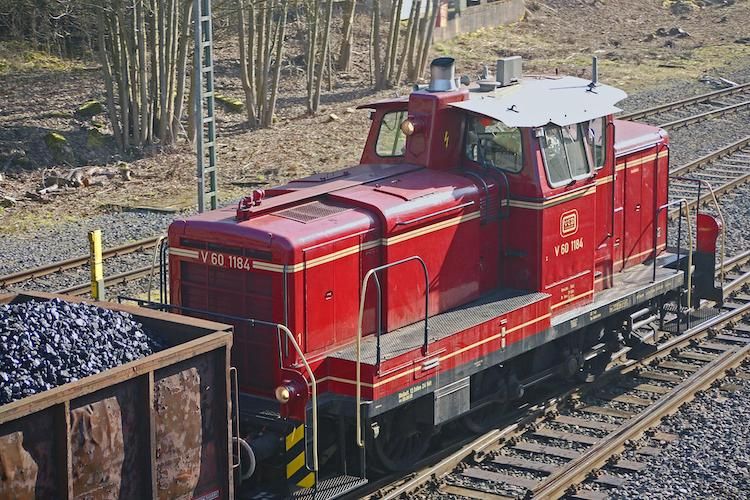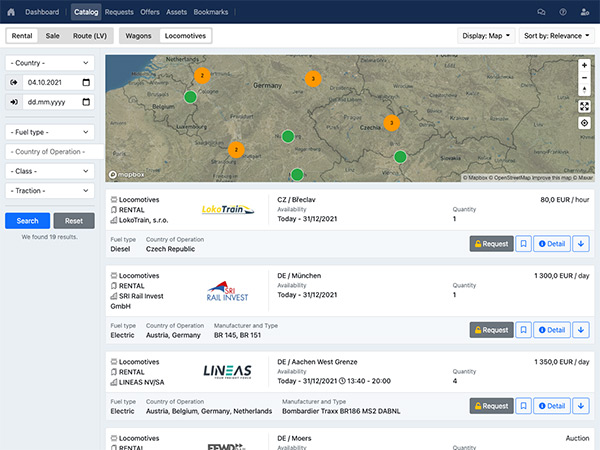Despite the partial resumption of supplies via the Nord Stream pipeline, the German government is considering plans to save gas for the winter heating season. Last week, the Federal Minister for Economic Affairs and Climate Protection, Robert Habeck, presented a further package on energy security via a virtual press conference, which complements the extensive measures already taken. The German government has already decided to increase the use of coal-fired power plants in order to reduce the consumption of natural gas for electricity generation. Now a new regulation will activate the brown coal reserve from 1 October. Lignite-fired power stations can then return to the electricity market and replace natural gas-fired power stations.
In an interview for RedaktionsNetzwerk Deutschland (RND), the Federal Government's Logistics Coordinator Oliver Luksic (FDP) warned of a lack of transport capacity for fuel deliveries. The big problem is that coal-fired power plants need huge amounts of coal and therefore it is to be expected that there will be logistical difficulties in dealing with the supply of the necessary fuel.
According to Luksic, the logistics sector is already working at its limits: "Transport routes are already at their limits in many places and in the near future there will be further massive strain due to the reactivation of coal-fired power plants.” In addition, there is a lack of wagons on the railways and a massive shortage of train drivers. "The comeback of coal-fired power generation decided by the federal government will result in considerable additional traffic on shipping routes and railways,” added Luksic.
Similar problems are perceived by The Association of Coal Importers. Its chairman, Alexander Bethe, confirmed in a press release published at the end of June that they are well prepared for the German government's announcement that coal-fired power plants would be used more due to gas shortages. However, he also added: “The seaports in Amsterdam, Rotterdam, and Antwerp are working at full capacity due to the high influx of Russian coal (until the beginning of August) plus alternatives and are running at the limit. Inland logistics, the transport of coal from the seaports to the coal-fired power plants by ship or rail, are also experiencing bottlenecks due to the high staff shortage.” For a successful transition from gas to coal, it is now necessary to plan at least a five-year perspective for the modernization of seaport terminals and inland logistics.
However, the Federal Ministry of Transport and the Federal Ministry of Economic Affairs are working closely together to find an effective solution to the problem that would ensure an increase in rail capacity. "In the first step, we are adapting the conditions of use of the network in the short term to give priority to the transport of mineral oils and coal at the dispatching level, i.e. when allocating free train paths. If this is not enough, we can regulate the preferential treatment of transport at the level of capacity allocation by a statutory decree under the Energy Security Act. This would also free up slots already allocated for energy transport,” explained Federal Minister for Digital Affairs and Transport Volker Wissing in a press release published on the website of the Federal Ministry for Economic Affairs and Climate Action.

